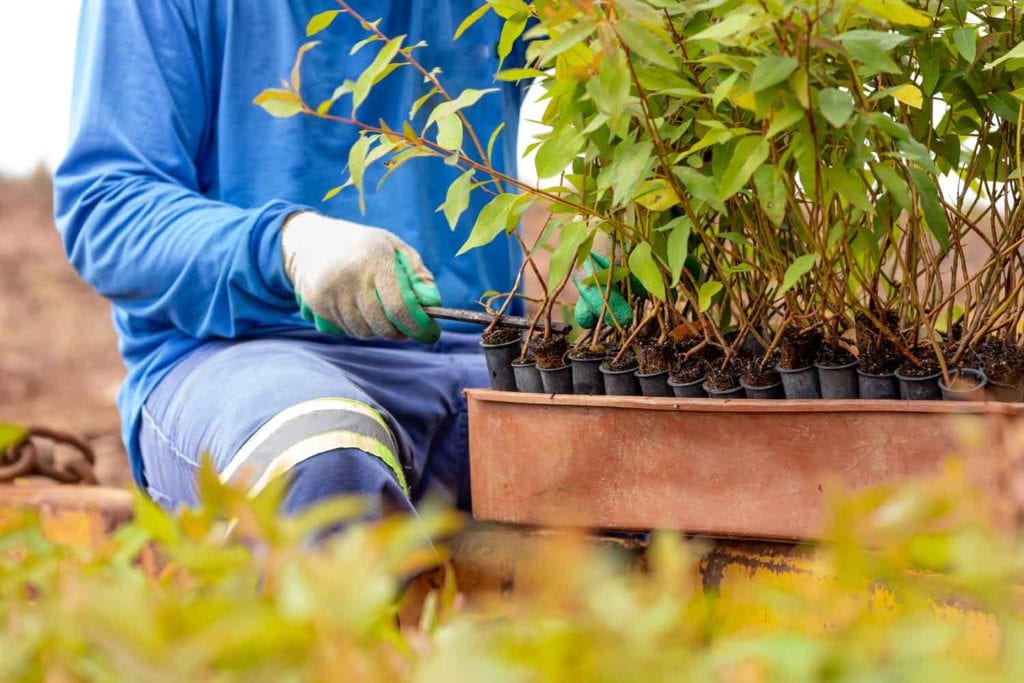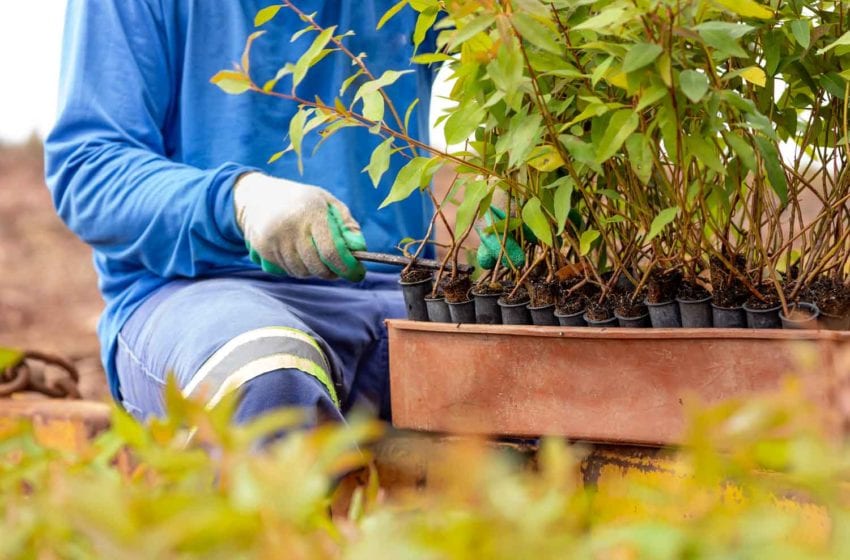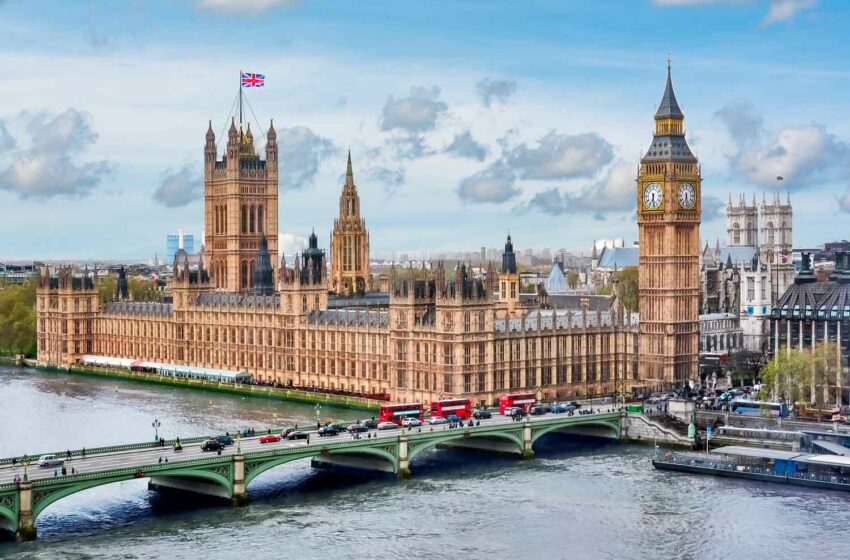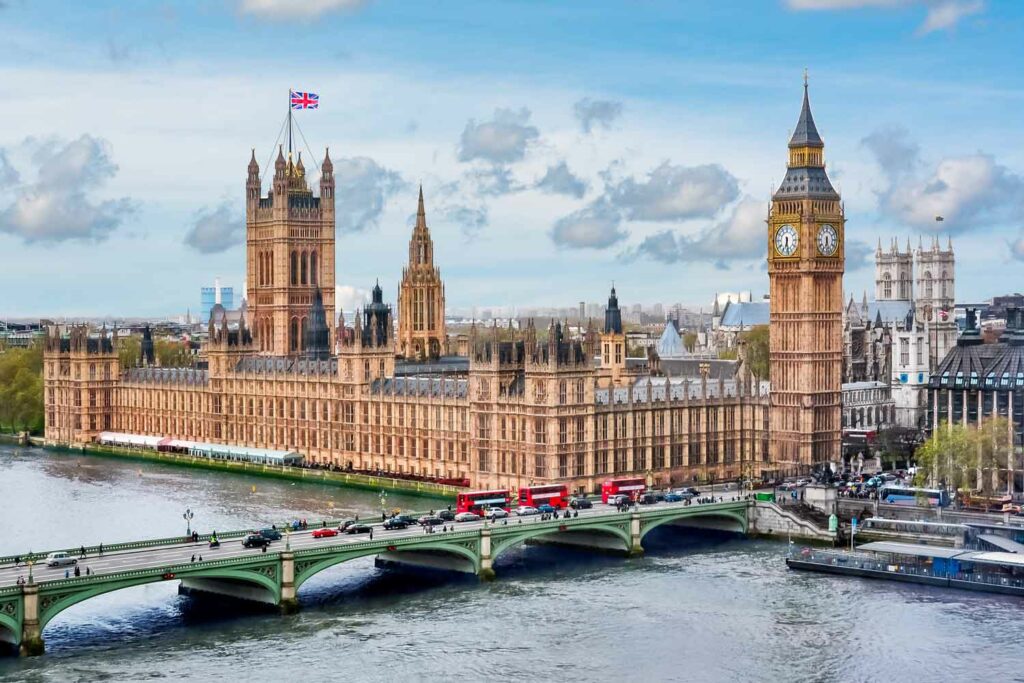
Starting this season, tobacco contractors operating in Zimbabwe will be required to supply their growers with tree seedlings to establish woodlots, reports The Herald. The goal is to provide tobacco farmers with a sustainable source of curing fuel.
The shift from commercial tobacco farming to small-scale production in Zimbabwe has put considerable pressure on the country’s forest cover, given that smallholders tend to use wood rather than coal in their operations.
As Zimbabwe aims to increase tobacco cultivation under the government’s Tobacco Value Chain Transformation Plan, it is at pains to minimize the environmental impact of growth.
The requirement to provide seedlings is part of a number of Tobacco Industry and Marketing Board (TIMB) initiatives to promote sustainability.
TIMB acting CEO Emmanuel Matsvaire said his organization was promoting best agricultural practices, environmental management and social and human rights to improve socioeconomic conditions for tobacco growers and their communities.




















